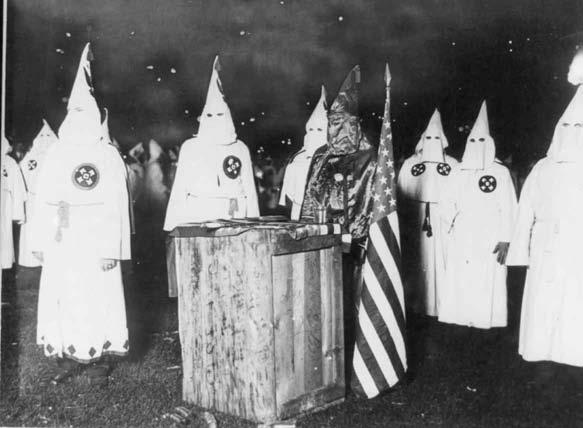“We Belong in Washington Park” African American lawyers and businessmen led the long struggle against racially restrictive covenants. TRUMAN K. GIBSON JR.
I
t’s a moment pregnant with possibilities. For the black family in Lorraine Hansberry’s play A Raisin in the Sun, a yearning for a better life inspires a hope of a warm welcome, a gesture of acceptance, and an expression of neighborly feeling from their soon-to-be neighbors who are white. For us in the audience, foreboding makes us almost want to avert our eyes as we know that something quite different from the family’s aspirations is about to befall them. Still, thanks to the power of Hansberry’s words and the depth of the performances by the actors (Sidney Poitier, Ruby Dee, Claudia McNeil, and the others in the movie adapted from the 1959 play), we too are stunned when the bland young man from the Clybourne Park Improvement Association reveals that the white neighborhood wants to buy back from the black family the house on which they’ve just made a down payment. “You people” is the phrase he uses over and over, working himself up to his point: “I want you to believe me when I tell you that race prejudice simply doesn’t enter into it. It’s a matter of the people of Clybourne Park believing, rightly or wrongly, as I say, that for the happiness of all concerned that our Negro families are happier when they live in their own communities.” The family is crushed. We in the audience are repulsed by the soulless ugliness of the moment. Yet, the reality that served as the inspiration for this play was much harsher. Whereas the black family in the play confronted a 1950s white neighborhood that wanted to buy them out, that was in effect trying to talk them out of coming into the area by offering a quick profit on the home, Carl Hansberry,
26 | Chicago History | Fall 2006
This article is excerpted from Knocking Down Barriers: My Fight for Black America by Truman K. Gibson Jr., recently published by Northwestern University Press. Gibson was the civilian aide to the secretary of war during World War II, a member of two presidential advisory committees, and the first African American to be awarded the Presidential Medal of Merit. Above: Gibson as a young attorney in Chicago.



